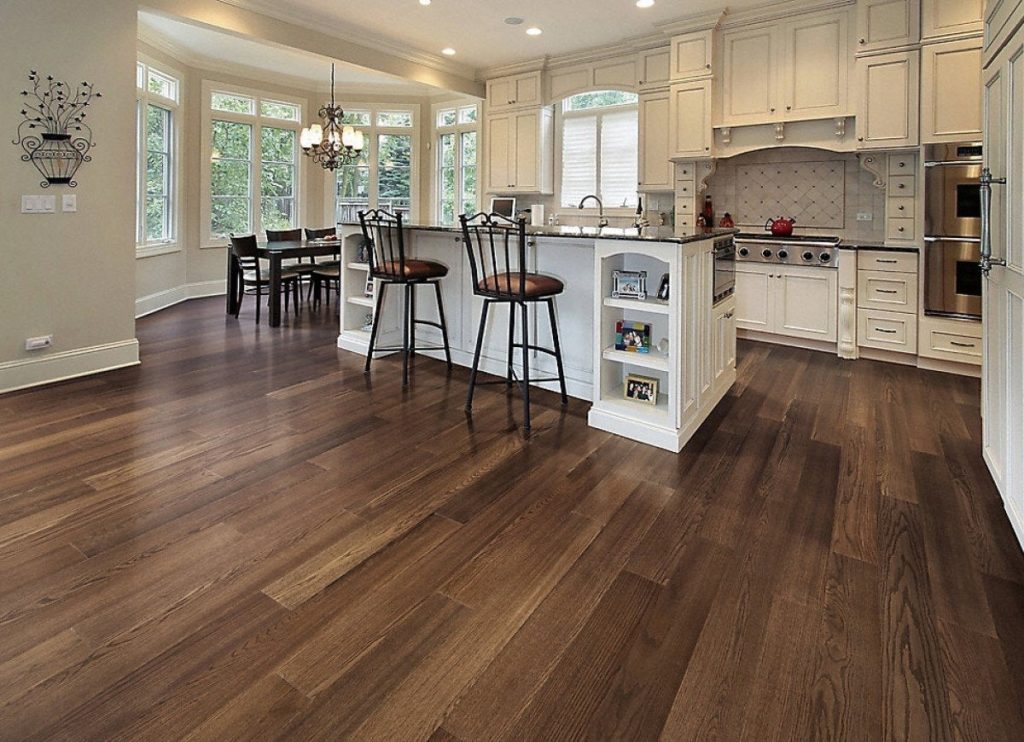Choosing the right type of engineered hardwood can make a big difference in the look and feel of your home. There are many factors to consider, including the appearance, the cost of installation, and the longevity of the product.
Cost of installation
Whether you want to install engineered hardwood yourself or hire an expert, you may have questions. These questions might range from “what is engineered hardwood?” to “where will this product look best in my home?” The cost of engineered hardwood installation depends on the type of flooring, its location, and the size of the installation.
Typically, installation costs can range from $3 to $9 per square foot. The cost can also vary based on the type of wood used and the type of installation method used.
Engineered hardwood floors are made from thin layers of veneer wood. These layers are usually between one quarter and one half inch deep. The top quality engineered floors have a veneer that is a half inch thick or more.

The average cost of engineered hardwood installation is $4,730. This cost includes the installation labor, flooring materials, and miscellaneous supplies. This amount may rise if you need to do additional trimmings or intricate finishing. The cost of the installation may also increase if you hire an architect to work on your floor.
You can find engineered hardwood floors in a variety of colors, including light cream grains and cool dark brown. They are also available in floating installation techniques. These floors require weekly sweeping to keep them clean and free of debris.
In addition to the cost of installing engineered hardwood, you may also need to dispose of your old flooring. The cost of disposal can range from $75 to $125. If you need to hire a construction company, they charge an hourly rate. You can also use extra blocks to cut floor pieces.
If you decide to install engineered hardwood yourself, the cost of the installation can vary between $1,000 and $3,500. This can include labor, materials, and transportation costs. If you choose to hire an expert, they can charge up to $500.
The cost of installing engineered hardwood floors can be higher in expensive cities. In these areas, you may need to pay permission fees. They may also be more expensive if you install them below ground level.
Longevity
Depending on the quality of the material and how well it is installed, man-made wood flooring can last anywhere from 20 to 100 years. Man-made wood is made from multiple layers of wood and is available in several species. It is also less expensive than solid hardwood.
Whether you want to install hardwood in your home or office, engineered flooring will give you the look of real wood without all the maintenance. It is easy to maintain and is available in a variety of styles, colors, and sizes. The flooring can be installed on any type of floor, including below-ground floors.
There are a number of reasons why man-made wood is not as long-lasting as solid hardwood. One is that man-made wood uses glues to hold the planks together. These glues can cause problems with air quality. The adhesives may also contain volatile organic compounds (VOCs), which are known to contribute to off-gassing in homes. Click the link: https://www.epa.gov/what-are-volatile-organic-compounds-vocs for more information about these compounds.
Another reason that engineered wood is not as durable as solid wood is that it is not completely biodegradable. At the end of its life, man-made wood will be disposed of in a landfill. Choosing solid hardwood, on the other hand, can be a sustainable choice, as the wood can be recycled and turned into man-made wood.
Warping
Despite the fact that man-made woods are supposed to be more stable than solid hardwoods, warping can occur. This is caused by moisture damage. If warping is a serious problem, it may need to be repaired or replaced altogether. However, if you are planning to install man-made wood, you should take the proper steps to prevent warping. Here are some tips to help you do so.

Another influencing factor was the structure of the decorative veneer. The most warping deformation was produced by the Pometia tomentosa veneer. The veneers that exhibited the least warping deformation were the eucalyptus and the maple veneers.
The wood from the raw material of the samples was found to have a performance characteristic of hygroscopicity. You can read more about this topic by clicking the link. However, the moisture content of the wood samples showed little change at 40% relative humidity.
The man-made wood with the birch veneer was the best choice for the heating system. Moreover, the eucalyptus and maple veneers showed the smallest wear and were the least likely to yield warping deformation.






